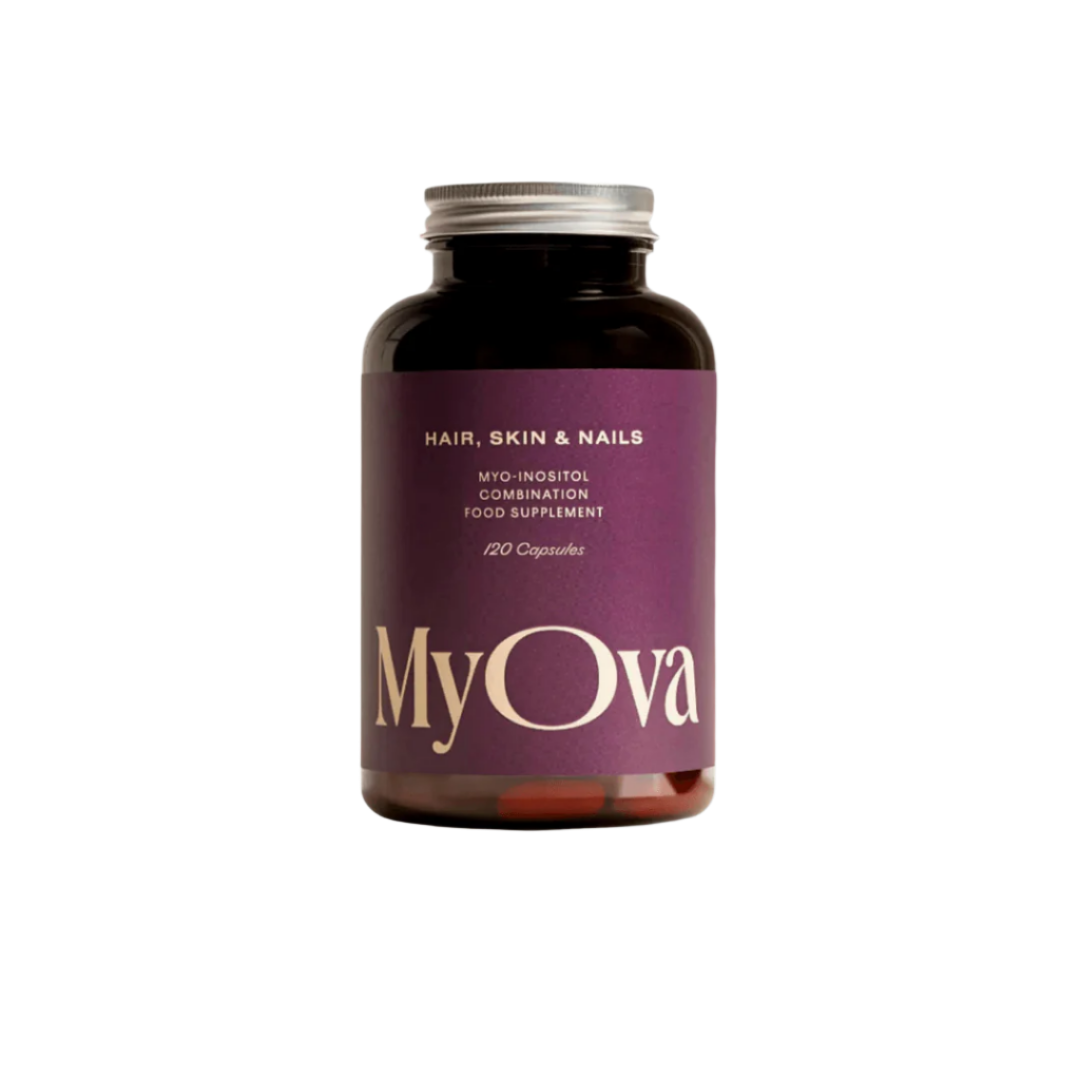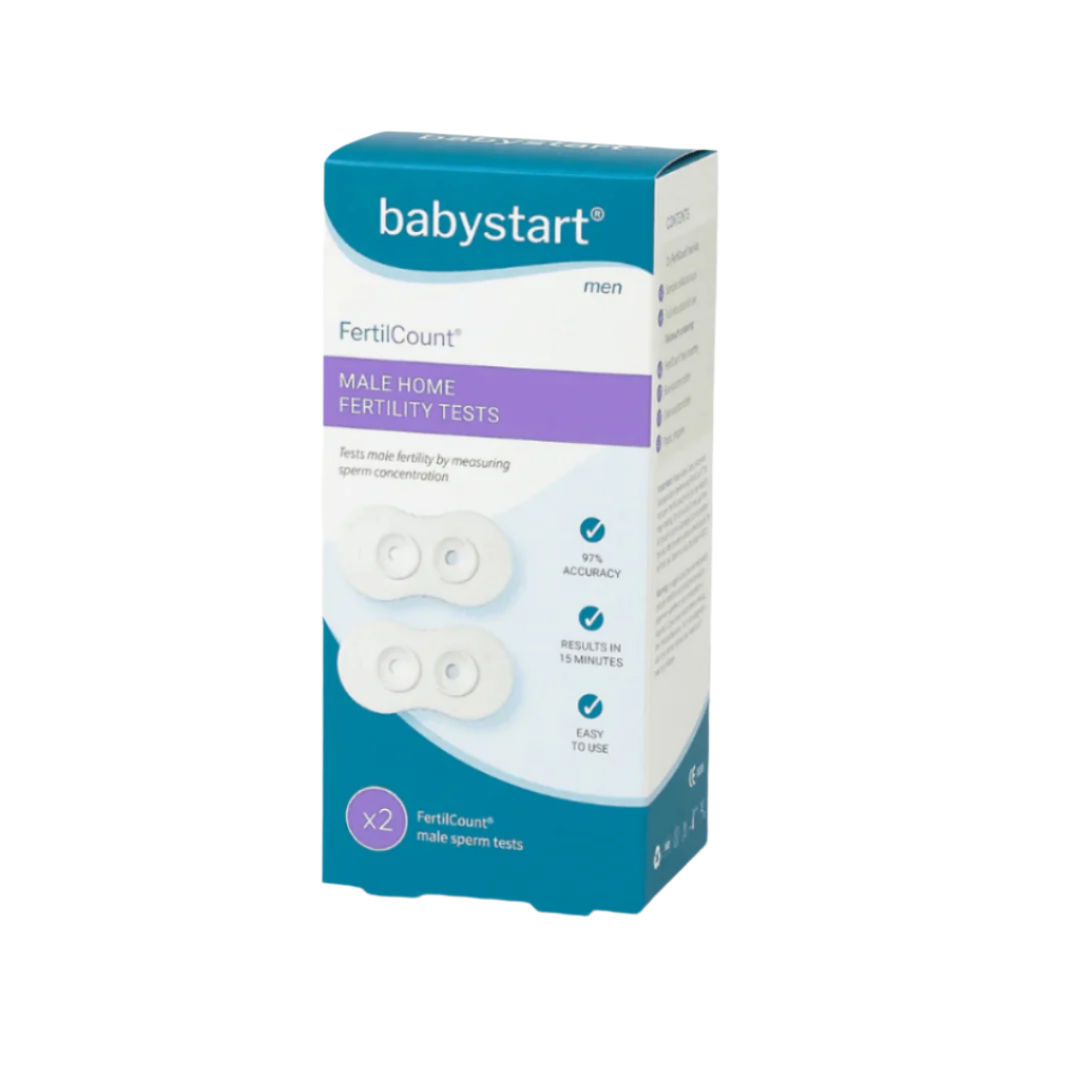femme's featured
femme's featured collections bring together our most-loved collections and special offers, thoughtfully curated to support you through every stage of womanhood.
The latest from the femme journal
Achieve Accurate BBT Tracking With Better Methods
Learn how accurate BBT tracking improves fertility insights, enhances temperature reliability, and supports better cycle charting using simple, consistent methods.
Learn moreBBT Wearables vs Thermometers: Accuracy, Benefits & the Symptothermal Method
Learn how to track your basal body temperature (BBT) to understand ovulation, monitor fertility patterns, and gain insights into your menstrual cycle. This guide covers tools, charting tips, and how combining BBT with methods like the Symptothermal Method can improve accuracy and support reproductive health.
Learn moreLearn Everything About BBT Basal Body Temperature Tracking
Learn how to track your basal body temperature (BBT) to understand ovulation, monitor fertility patterns, and gain insights into your menstrual cycle. This guide covers tools, charting tips, and how combining BBT with methods like the Symptothermal Method can improve accuracy and support reproductive health.
Learn more










